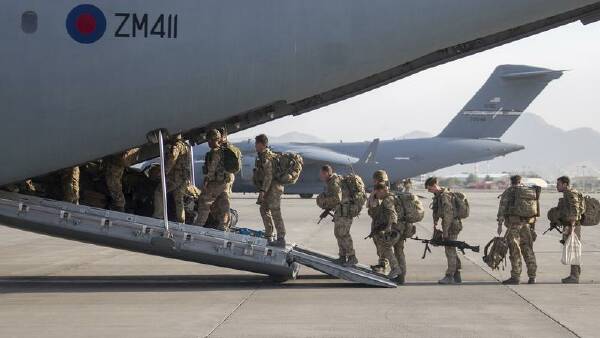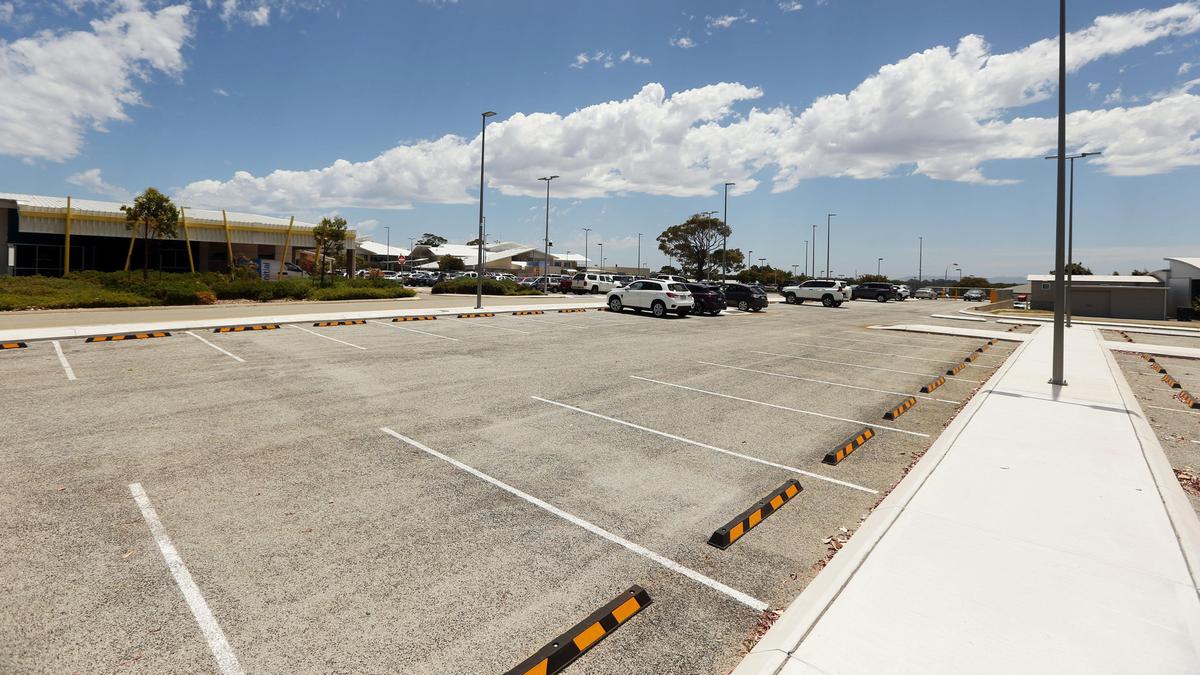
A recent legal development in the United Kingdom has unveiled a significant relocation scheme for thousands of Afghans. The lifting of a superinjunction on January 15, 2024, now permits reporting on a plan that had previously been under wraps, following a data leak that exposed the details of the operation.
The superinjunction was imposed to protect sensitive information regarding the relocation efforts. It was designed to ensure the safety and confidentiality of individuals who faced risks due to their association with the UK during the conflict in Afghanistan. The leak, however, raised concerns about the effectiveness and transparency of the government’s efforts to safeguard these vulnerable individuals.
According to the Ministry of Defence and the Home Office, the scheme aims to resettle approximately 10,000 Afghans who worked with British forces or supported the UK mission in Afghanistan. This initiative is part of a wider response to the humanitarian crisis following the Taliban takeover in August 2021. The British government has faced scrutiny over its commitment to protecting those who aided its operations in Afghanistan.
Details released following the lifting of the injunction indicate that the relocation plan is tied to the provisions in the Nationality and Borders Act, which seeks to streamline the asylum process for Afghan nationals. The Act aims to ensure quicker access to safety for those who qualify under specific criteria.
Despite the intentions of the government, the handling of the scheme has sparked criticism from various quarters. Advocacy groups have expressed concerns about the bureaucratic hurdles that could complicate the relocation process. Organizations like Human Rights Watch and Amnesty International have called for a more transparent and efficient system to ensure that Afghans in need are not left behind.
The implications of this revelation extend beyond the immediate logistics of relocation. It raises questions about the UK government’s responsibilities towards those who risked their lives for its military operations. As the situation in Afghanistan remains precarious, the need for a comprehensive and effective resettlement strategy has never been more urgent.
The British government has stated that it is committed to providing safe passage for those eligible under the scheme. However, with the lifting of the superinjunction, the spotlight is now firmly on the execution of this plan and the assurances being made to ensure the safety of Afghans during this critical time.
The international community will be watching closely as the UK navigates this complex humanitarian issue. The success of the relocation scheme could serve as a precedent for other countries grappling with similar challenges in the aftermath of the Taliban’s return to power.
As further details unfold, it remains essential to monitor the progress of this initiative and the impact it has on the lives of those it aims to protect. The journey ahead will undoubtedly be fraught with challenges, but the stakes have never been higher for the thousands of Afghans who find themselves in limbo, hoping for a chance at a safer future.






